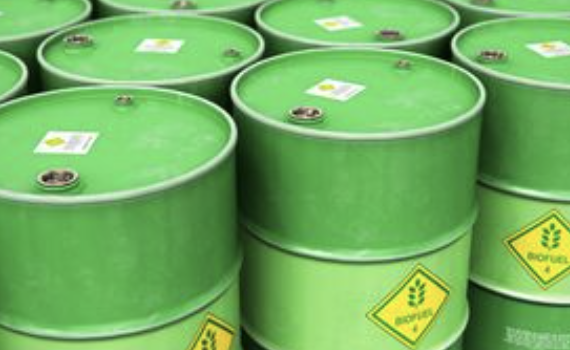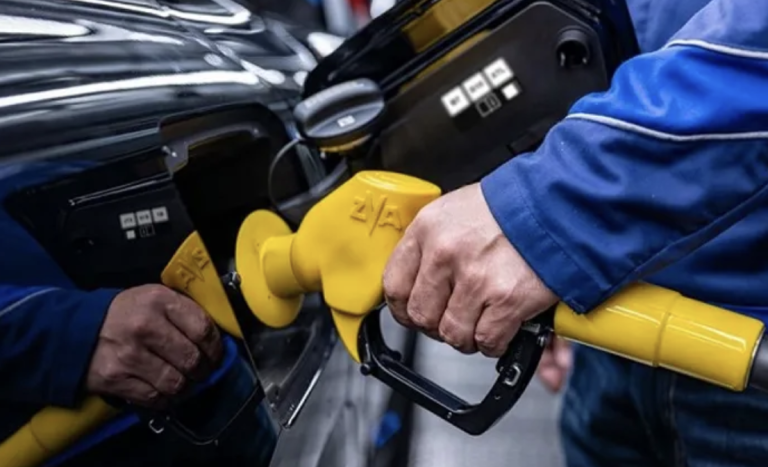
April 1, 2025
Biofuel producer EcoCeres has teamed up with Mitsui & Co Energy Trading, KPI OceanConnect and Global Energy Group to supply hydrogenated vegetable oil (HVO)…

March 18, 2025
The Trade Remedies Authority (TRA) yesterday (March 17, 2025) initiated an anti-dumping investigation and a countervailing investigation into imports of hydrogenated vegetable oil (HVO)…

March 14, 2025
According to the website of Hong Kong Bauhinia Magazine on March 14th, recently, PetroChina’s Hong Kong-based organization, International Business (Hong Kong) Company Limited (referred…

February 23, 2025
Austria’s OMV Petrom recently launched the construction of a sustainable aviation fuel (SAF) and renewable diesel (HVO) production unit at its Petrobrazi refinery in…

February 4, 2025
Chevron Corporation reported fourth quarter financial results on January 31st. During the earnings call, company officials confirmed that the renewable diesel expansion project at…

February 3, 2025
BP has suspended plans to build a $600 million renewable fuels center at its decommissioned Perth refinery. One of the reasons the project has…

January 8, 2025
Tidewater Renewables Ltd. announced Jan. 6 that it has filed a countervailing and anti-dumping duty complaint with the Canada Border Services Agency (CBSA) in…

December 24, 2024
Portugal’s Galp Energia, which operates as an oil producer and refiner, expects to start producing biodiesel and biojet fuel from waste in an industrial-scale…

December 24, 2024
By 2025, Europe’s demand for Hydrotreated Vegetable Oil (HVO) or renewable diesel is expected to grow significantly, driven by two key factors: 1.Stricter Renewable…

December 12, 2024
On 12 December, Neste and BMW announced a partnership to supply 100% renewable diesel fuel, also known as Hydrogenated Vegetable Oil (HVO100). BMW will…




